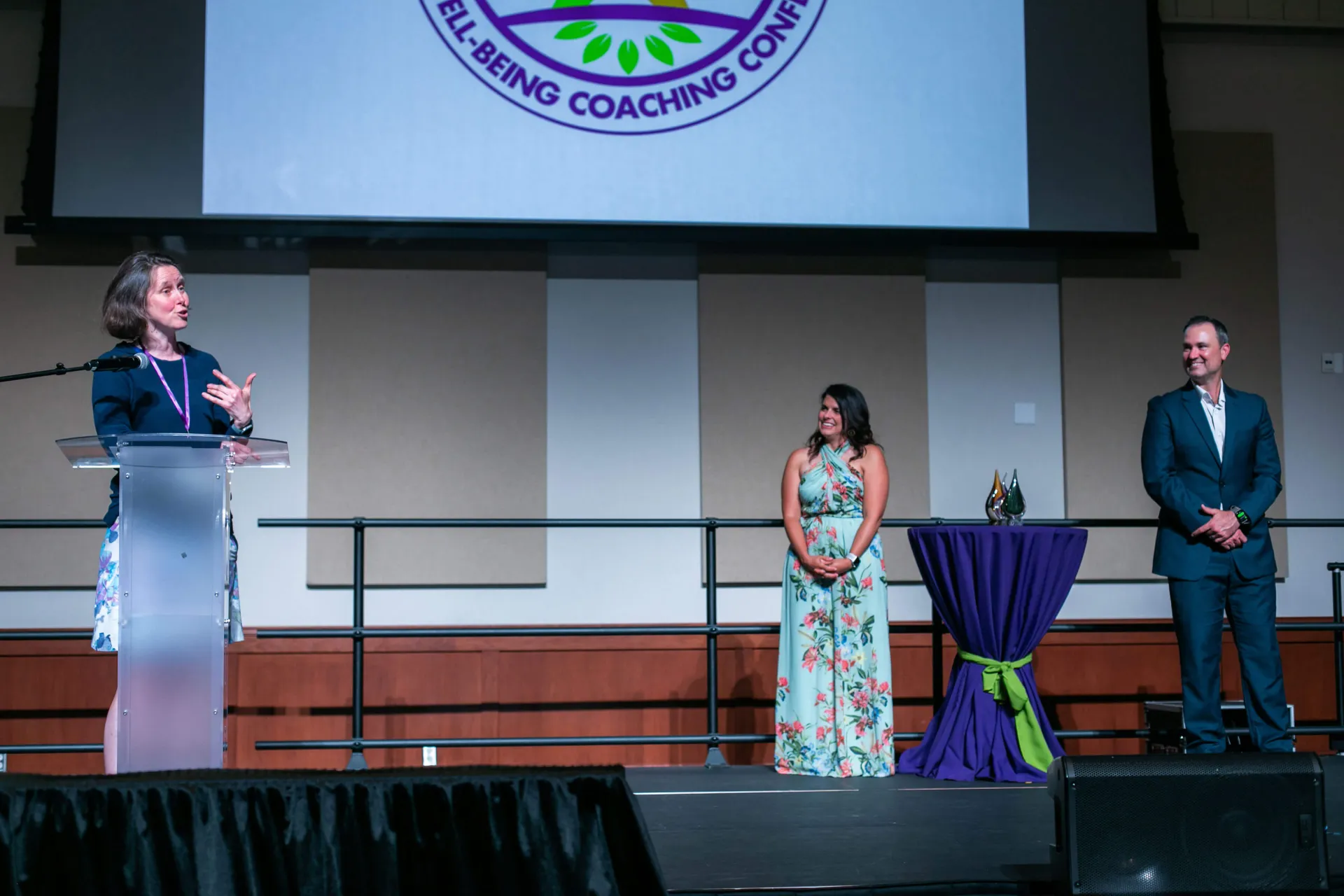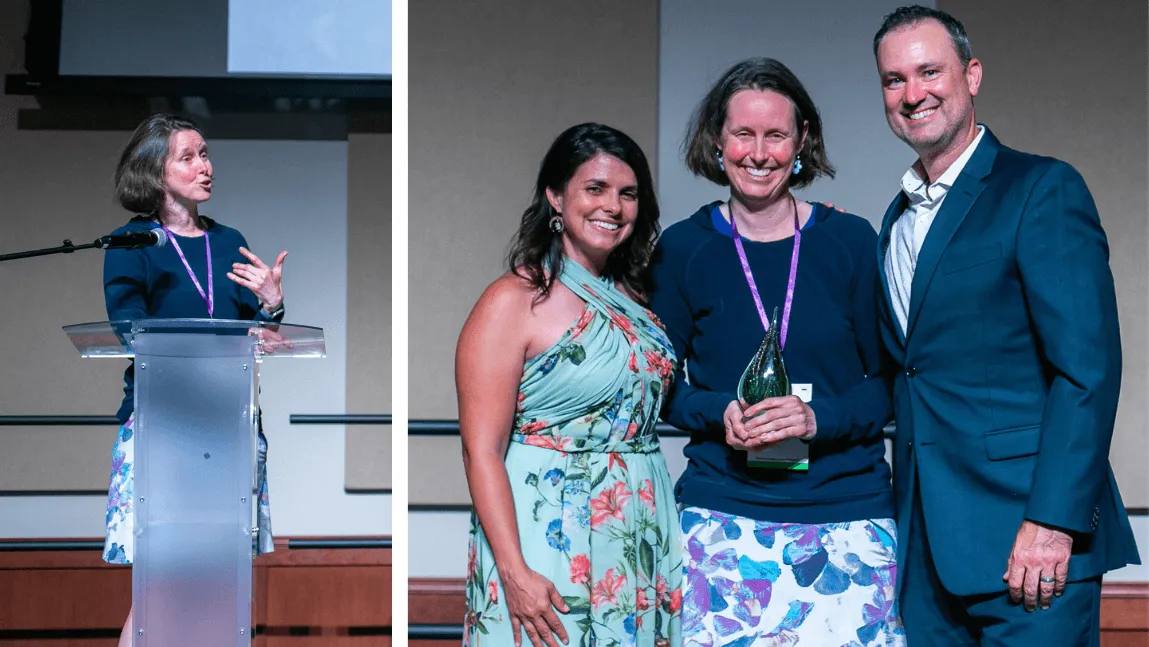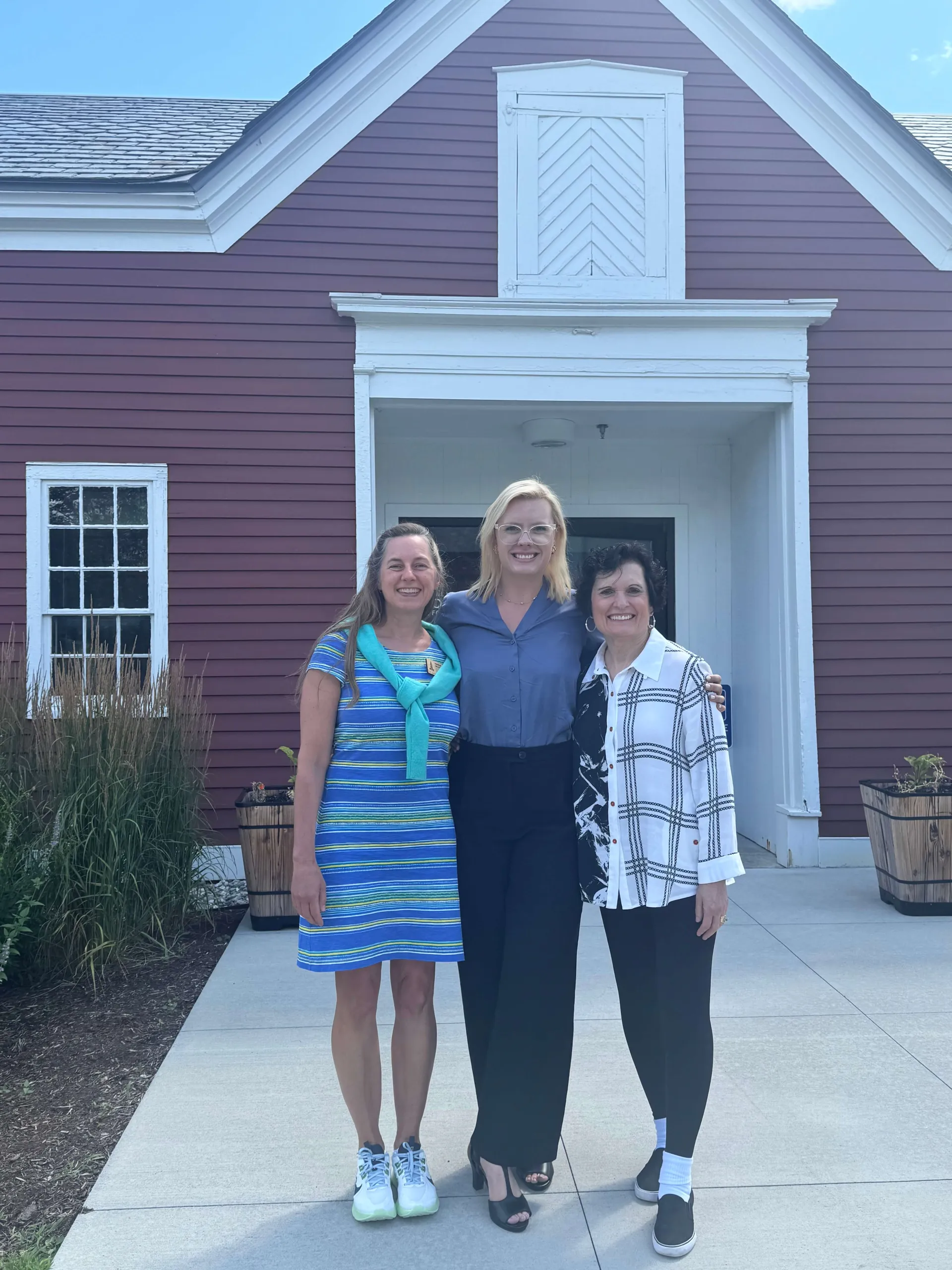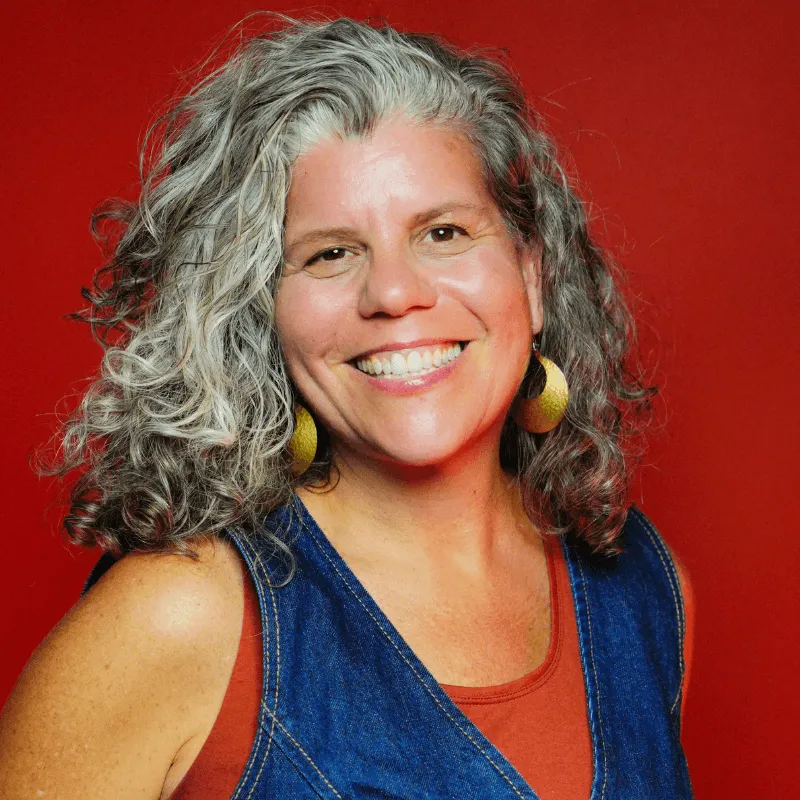“Bridging Gaps: Improving Health Coach Integration and Learning in Interprofessional Clinical Settings” is a pioneering initiative that seeks to transform how future healthcare professionals learn to work together — placing the patient at the center of a truly integrative model of care.
The project, led by Whitman, is developing an innovative Interprofessional Education (IPE) simulation lab with a goal to enhance the integration of Health and Wellness Coaches (HWCs) into clinical care teams. “A health coach is kind of that missing piece…someone who helps you incorporate all the knowledge that the dietician and the doctor and all these other professionals have told you,” Whitman said.
The simulation centers on a realistic case: a 62-year-old patient managing osteoarthritis of the knee — a chronic condition that affects millions and requires a multifaceted care approach. The IPE experience will bring together professionals and students from diverse disciplines like primary care, nursing, physical therapy, nutrition, and health coaching, to collaboratively address a patient’s needs. The hands-on simulation will foster shared decision-making, collaborative problem-solving, and a deeper understanding of each profession’s unique contributions to whole-person care.
“My goal is to get health coaches into primary care and every doctor’s office.”
– Susan Whitman, PA-C, NBC-HWC, DipACLM
A Vision for Collaborative Learning
The project is supported by an Education Grant from the Osher Collaborative – the organization that aligns and amplifies the work of each of the 11 Osher Centers for Integrative Health to maximize impact. The Osher Collaborative plays a vital role in sharing resources, research, and best practices to strengthen each member institution’s ability to deliver integrative, whole-person care. This project exemplifies how shared vision and cooperation can lead to meaningful innovation in healthcare education.
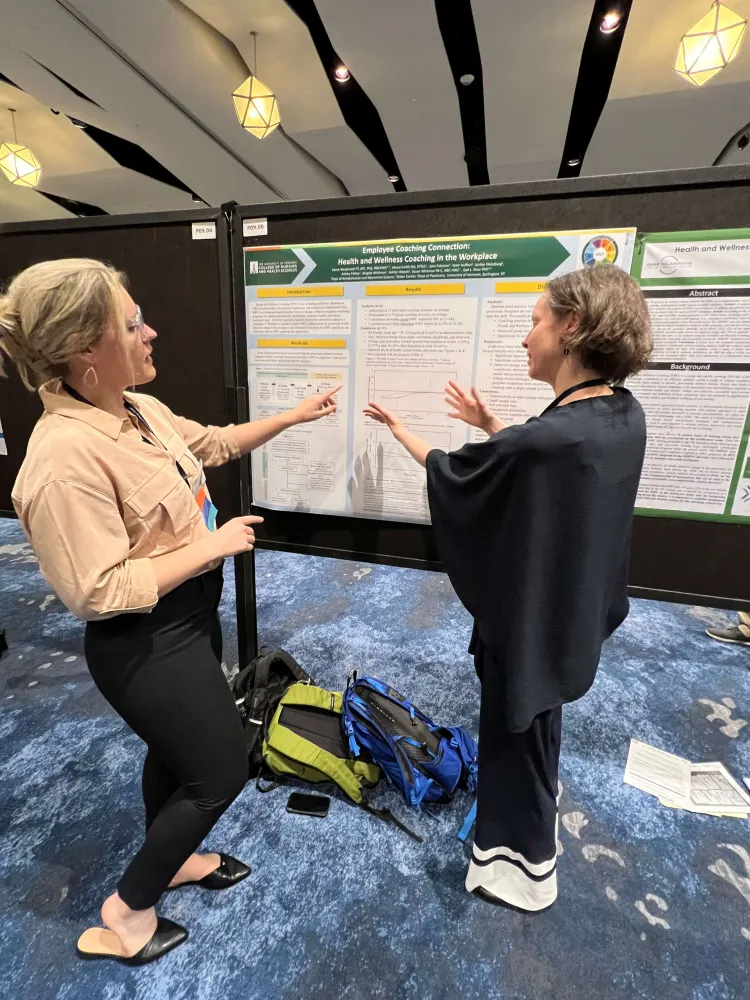
Whitman is working with faculty from multiple disciplines and institutions that are part of the Osher Collaborative, including UVM’s Karen C. Westervelt, PT, ATC, PhD, NBC-HWC, and Holly Whitcomb, DNP, APRN, FNP-BC, along with University of Utah’s Kate O'Farrell, PhD, NBC-HWC, ACSM-EP, ACUE, and Traci Thompson, MS, ACSM HFD, CSCS, and Vanderbilt University Medical Center’s Rebecca Weinand, MsEd, NBC-HWC and Ruth Q. Wolever, PhD, NBC-HWC. Their collective expertise spans physical therapy, nursing, exercise physiology, and health coaching—ensuring a rich, interdisciplinary perspective.
Coaching Works
Integrative Health and Wellness Coaching is a rapidly growing field that empowers patients to make sustainable lifestyle changes as they navigate the complex healthcare landscape. HWCs support individuals in aligning their health goals with their values, helping them navigate behavior change in a way that is both compassionate and effective.
Whitman, who has a clinical background and teaches through UVM’s Integrative Health and Wellness Coaching Program, has seen its impact on communities far and wide. “The health coaching field is at a kind of tipping point right now,” she said, reflecting on the gap between the need for better care and the emerging professionals who are poised to meet it. “My goal is to get health coaches into primary care and every doctor’s office.”
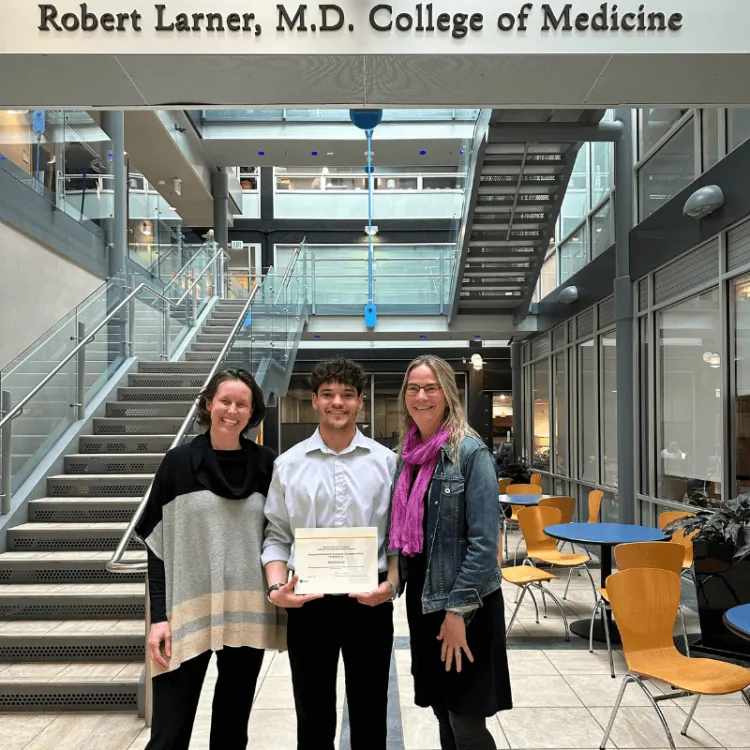
Her work bridges clinical expertise with coaching principles, ensuring that future healthcare providers are equipped not only with medical knowledge but also with the skills to support behavioral transformation. By embedding HWCs into interprofessional teams, this project highlights their critical role in improving outcomes for patients with chronic conditions.
The Future is Interdisciplinary
What sets this project apart is its enduring curriculum, which is designed to be shared across the Osher Collaborative. “You can expose people to [Health Coaching],” Whitman said. “You can tell people about it. Or you can immerse people in an experience and see it. That’s why the sim lab is so important — it helps people truly understand what a Health Coach brings to the team.”
This summer, the team has been developing the patient case, learning objectives, and simulation protocols. During the fall and winter of 2025, they will create educational and training materials and test the IPE experience with pilot students and standardized patients.
“IPE is all about collaborative care,” Whitman said. “Because you can't just have one doctor who knows everything. You need a team of people supporting each person… But how do you effectively work together? That’s what we’re trying to teach.”
The project culminates in a training session for educational directors at the International Congress of Integrative Medicine and Health in April 2026. By June 2026, the materials will be distributed to Osher Centers and other academic institutions, with broader dissemination planned through national conferences.
“Bridging Gaps” is more than a simulation—it’s a movement toward a more connected, compassionate, and effective healthcare system. By training the next generation of providers to work together across disciplines, and by recognizing the essential role of health and wellness coaches, this project is laying the foundation for a healthier future — for people and for the planet.
